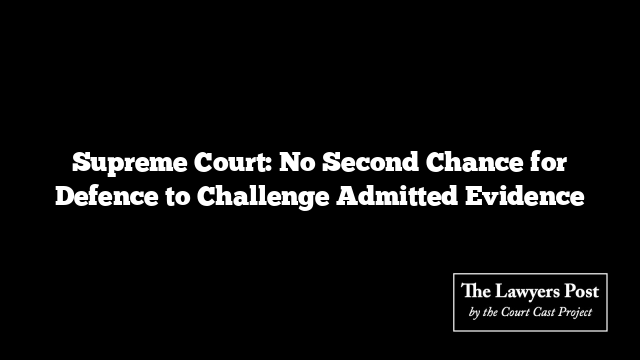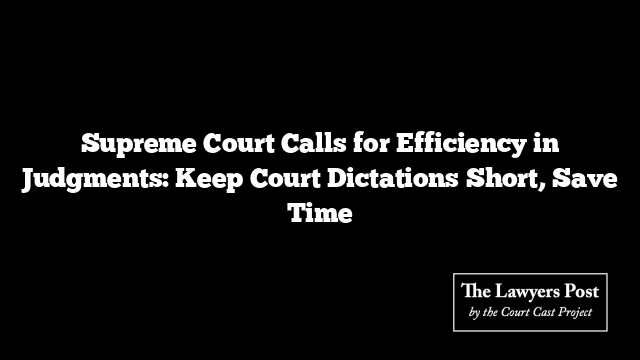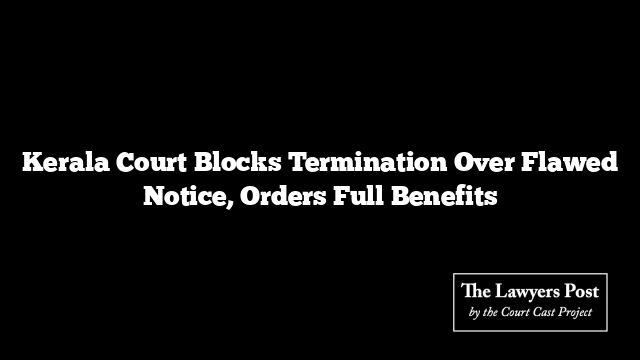In a significant ruling, the Supreme Court has clarified that once the defence acknowledges the authenticity of prosecution documents, there’s no going back to challenge them. Under Section 294 of the Criminal Procedure Code, the Court emphasized that evidence formally accepted by the defence can be used substantively without requiring additional proof.
A bench of Justices Vikram Nath and Prasanna B. Varale underscored that if the prosecution’s documents are admitted by the defence without contest, the court’s responsibility is solely to evaluate the evidence’s reliability. If this evidence proves the charges beyond reasonable doubt, a conviction can be recorded.
This case revolved around an appeal where the informant contested a High Court decision to return the matter to the trial court for re-examination, citing an unfair trial. The High Court had ruled in favor of the accused, as their counsel had admitted the prosecution’s documents without formal verification. However, the Supreme Court reversed this decision, stating that the defence cannot later attempt to discredit the prosecution’s story after formally admitting the documents as genuine.
The Court made it clear that public documents, such as those signed by officials like investigating officers or doctors, can be accepted as evidence without further proof once admitted by the defence. It also clarified that documents signed by private individuals, such as informants, still need to be proven, but in this case, all such documents had been validated.
The court highlighted that the role of the defence is to challenge the prosecution’s case during cross-examination. In this instance, the defence failed to do so effectively, and thus the prosecution’s evidence remained intact. As the trial court found, key witnesses supported the prosecution’s narrative, and the defence was unable to discredit their testimony.
Ultimately, the Supreme Court upheld the original judgment, allowing the appeal and remitting the case back to the High Court for a fresh review based on the existing evidence.





